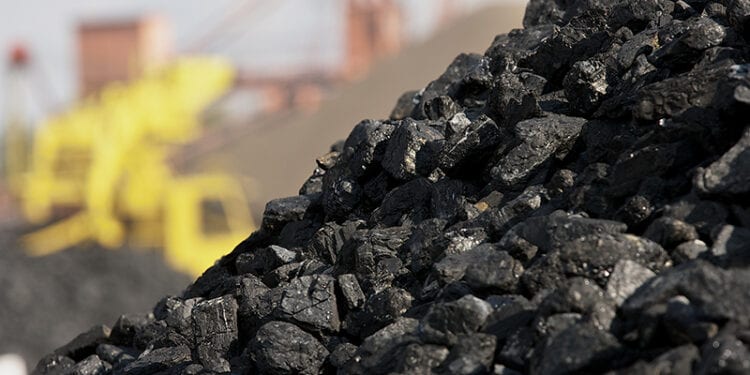As a sign of unravelling of diplomatic relationships between China and Australia, multiple sources have reported that China ordered a ban on the import of Australia coal. First reported on 9th October, ‘unnamed sources’ have explained that Beijing gave verbal instructions to completely suspend these imports for an indefinite period of time.
Ties between Australia and China have been strained this year due to Canberra’s call for an investigation into China’s handling of the COVID-19 pandemic. Beijing originally reacted by banning imports of Australian barley, placing restrictions on the import of wine and meat, and discouraging their citizens from going to Australia (including for education). As all reports on the ban on the import of coal have been unofficial at this point, Simon Birmingham, Australian Trade Minister has stated that his government is seeking confirmation from China on whether they will continue to honour the terms of the China-Australia Free Trade Agreement and their World Trade Organization obligations. Meanwhile, Mark McGowan, Premier of Western Australia has since pressed the Australian government to improve its relationship with China, fearing the impact that this rift may have on the Australian mining industry.
China has long been Australia’s largest trading partner. Coal itself is one of the big three commodity exports from Australia, after iron ore and LNG. On China’s side, Australia is their top supplier of iron ore and coking coal as well as a major provider for their LNG and thermal coal.
Data from Refinitiv shows imports of Australian coal into China already taking a hit. Imports of all Australian coal in September were 5.48 million tonnes, down from 6.04 million in August and 8.17 million in July this year.
Though Australia is certainly taking a hit, Indonesia has had steeper declines in exports to China. Though Indonesia is traditionally the biggest supplier of coal to China, they supplied only 4.18 million tonnes in September, the lowest amount that Refinitiv had recorded since they began tracking these figures in 2015.
The impact of this ban for China varies: For thermal coal, they are able to source similar grades from other regions of the world at a relatively similar price. For coking coal, the situation is more strained. Australia typically makes up 2/3 of China’s coking coal imports and supplies about 55% of the world’s total cocking coal market. If China were to stop imports from Australia, they would have a difficult time making up for this loss, both in access and costs.











